POWER RATES SOAR THROUGH THIS WINTER
입력 2023.02.03 (15:10)
수정 2023.02.03 (16:45)
읽어주기 기능은 크롬기반의
브라우저에서만 사용하실 수 있습니다.
[Anchor Lead]
Apartment maintenance fees for January will soon be delivered to homes. Increased electricity fees are adding even more burden to the general public already concerned with heating costs. Let's take a look at how electricity bills will be newly calculated in general homes.
[Pkg]
This four-person household living in an apartment paid over 500,000 won for the December housing maintenance fee. They paid about 110,000 won for electricity, up 16,000 won on-year when they spent the same amount of power. After electricity rate was raised again this year, they found out from the apartment management office that the rate went up by 7,000 won in just one month.
[Soundbite] (Apartment resident) : "We get a high power bill if we keep using electric heaters in winter, so we didn’t use them this year. We worry before grocery shopping and turning on heating."
Electricity rate was raised 32.4 won per kilowatt-hour over four occasions recently, three times in 2022 and once in January 2023. The power charge based on the average monthly use for a four-member household is estimated to be roughly 57,300 won this month, about 11,000 won higher than a year ago. The actual electricity bill may be higher as more households used electric heaters due to the recent spike in gas prices. Bitter cold in late January led to massive sales of winter appliances such as electric mats, hot air fans and heaters. Household power rates are subject to the progressive billing system. Price increases exponentially in accordance with the amount used. A household that has a 2,000-watt hot air fan running for eight hours a day would be put in the uppermost bracket under the progressive billing system.
[Soundbite] Lee Min-ju(Korea Electric Power Corporation) : "Your charge will increase greatly once you enter the third bracket in the progressive billing system. So people should refrain from using low-efficiency heaters and use power rationally and efficiently."
It costs 112 won per kilowatt-hour if you use electricity only up to 200 kilowatt-hour per month, but once you go past 200 kilowatt-hour the power charge would increase by 1.8 times. Going past 400 kilowatt-hour would hike up the charge 2.6 times.
Apartment maintenance fees for January will soon be delivered to homes. Increased electricity fees are adding even more burden to the general public already concerned with heating costs. Let's take a look at how electricity bills will be newly calculated in general homes.
[Pkg]
This four-person household living in an apartment paid over 500,000 won for the December housing maintenance fee. They paid about 110,000 won for electricity, up 16,000 won on-year when they spent the same amount of power. After electricity rate was raised again this year, they found out from the apartment management office that the rate went up by 7,000 won in just one month.
[Soundbite] (Apartment resident) : "We get a high power bill if we keep using electric heaters in winter, so we didn’t use them this year. We worry before grocery shopping and turning on heating."
Electricity rate was raised 32.4 won per kilowatt-hour over four occasions recently, three times in 2022 and once in January 2023. The power charge based on the average monthly use for a four-member household is estimated to be roughly 57,300 won this month, about 11,000 won higher than a year ago. The actual electricity bill may be higher as more households used electric heaters due to the recent spike in gas prices. Bitter cold in late January led to massive sales of winter appliances such as electric mats, hot air fans and heaters. Household power rates are subject to the progressive billing system. Price increases exponentially in accordance with the amount used. A household that has a 2,000-watt hot air fan running for eight hours a day would be put in the uppermost bracket under the progressive billing system.
[Soundbite] Lee Min-ju(Korea Electric Power Corporation) : "Your charge will increase greatly once you enter the third bracket in the progressive billing system. So people should refrain from using low-efficiency heaters and use power rationally and efficiently."
It costs 112 won per kilowatt-hour if you use electricity only up to 200 kilowatt-hour per month, but once you go past 200 kilowatt-hour the power charge would increase by 1.8 times. Going past 400 kilowatt-hour would hike up the charge 2.6 times.
■ 제보하기
▷ 카카오톡 : 'KBS제보' 검색, 채널 추가
▷ 전화 : 02-781-1234, 4444
▷ 이메일 : kbs1234@kbs.co.kr
▷ 유튜브, 네이버, 카카오에서도 KBS뉴스를 구독해주세요!
- POWER RATES SOAR THROUGH THIS WINTER
-
- 입력 2023-02-03 15:10:14
- 수정2023-02-03 16:45:17
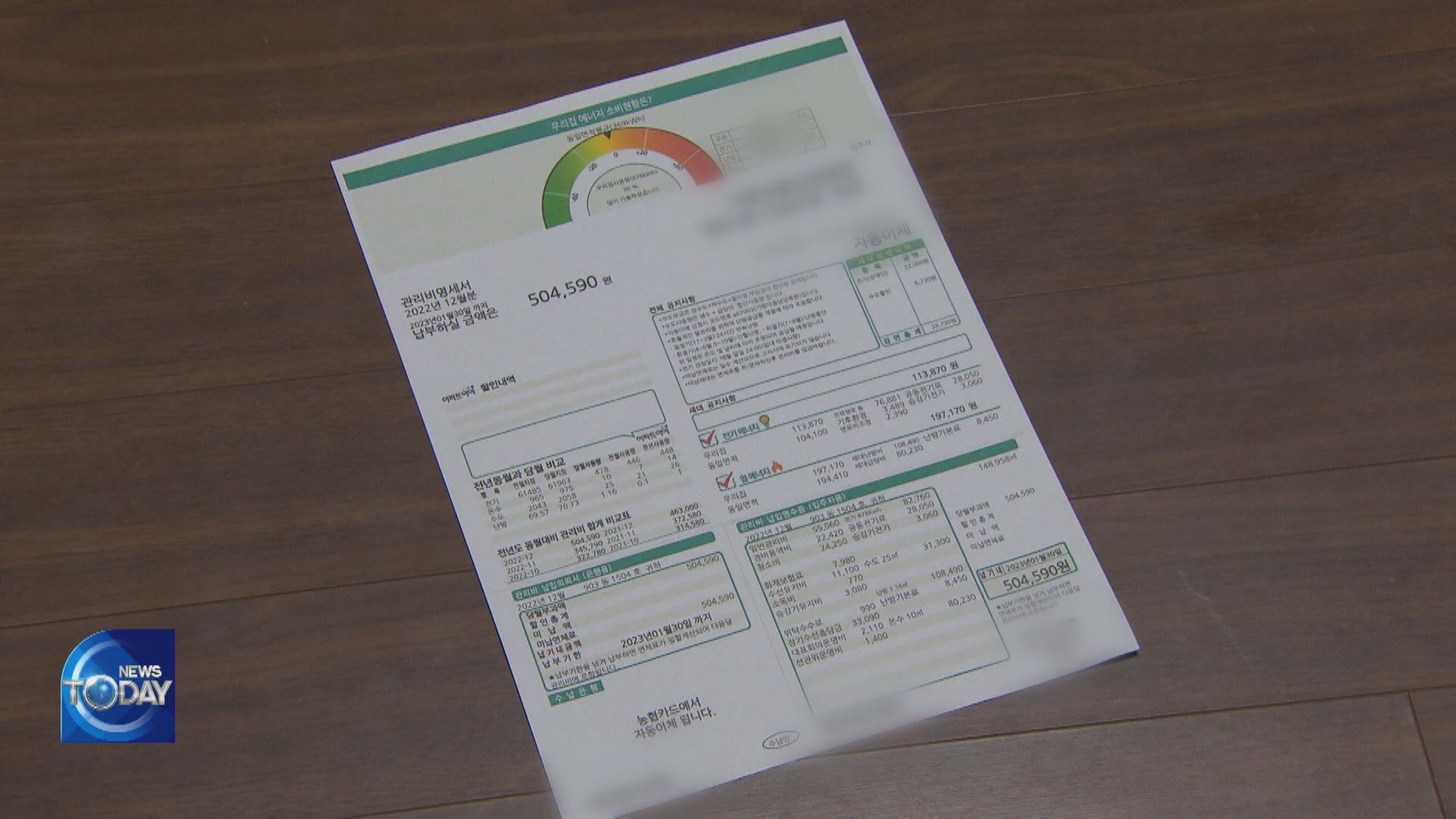
[Anchor Lead]
Apartment maintenance fees for January will soon be delivered to homes. Increased electricity fees are adding even more burden to the general public already concerned with heating costs. Let's take a look at how electricity bills will be newly calculated in general homes.
[Pkg]
This four-person household living in an apartment paid over 500,000 won for the December housing maintenance fee. They paid about 110,000 won for electricity, up 16,000 won on-year when they spent the same amount of power. After electricity rate was raised again this year, they found out from the apartment management office that the rate went up by 7,000 won in just one month.
[Soundbite] (Apartment resident) : "We get a high power bill if we keep using electric heaters in winter, so we didn’t use them this year. We worry before grocery shopping and turning on heating."
Electricity rate was raised 32.4 won per kilowatt-hour over four occasions recently, three times in 2022 and once in January 2023. The power charge based on the average monthly use for a four-member household is estimated to be roughly 57,300 won this month, about 11,000 won higher than a year ago. The actual electricity bill may be higher as more households used electric heaters due to the recent spike in gas prices. Bitter cold in late January led to massive sales of winter appliances such as electric mats, hot air fans and heaters. Household power rates are subject to the progressive billing system. Price increases exponentially in accordance with the amount used. A household that has a 2,000-watt hot air fan running for eight hours a day would be put in the uppermost bracket under the progressive billing system.
[Soundbite] Lee Min-ju(Korea Electric Power Corporation) : "Your charge will increase greatly once you enter the third bracket in the progressive billing system. So people should refrain from using low-efficiency heaters and use power rationally and efficiently."
It costs 112 won per kilowatt-hour if you use electricity only up to 200 kilowatt-hour per month, but once you go past 200 kilowatt-hour the power charge would increase by 1.8 times. Going past 400 kilowatt-hour would hike up the charge 2.6 times.
Apartment maintenance fees for January will soon be delivered to homes. Increased electricity fees are adding even more burden to the general public already concerned with heating costs. Let's take a look at how electricity bills will be newly calculated in general homes.
[Pkg]
This four-person household living in an apartment paid over 500,000 won for the December housing maintenance fee. They paid about 110,000 won for electricity, up 16,000 won on-year when they spent the same amount of power. After electricity rate was raised again this year, they found out from the apartment management office that the rate went up by 7,000 won in just one month.
[Soundbite] (Apartment resident) : "We get a high power bill if we keep using electric heaters in winter, so we didn’t use them this year. We worry before grocery shopping and turning on heating."
Electricity rate was raised 32.4 won per kilowatt-hour over four occasions recently, three times in 2022 and once in January 2023. The power charge based on the average monthly use for a four-member household is estimated to be roughly 57,300 won this month, about 11,000 won higher than a year ago. The actual electricity bill may be higher as more households used electric heaters due to the recent spike in gas prices. Bitter cold in late January led to massive sales of winter appliances such as electric mats, hot air fans and heaters. Household power rates are subject to the progressive billing system. Price increases exponentially in accordance with the amount used. A household that has a 2,000-watt hot air fan running for eight hours a day would be put in the uppermost bracket under the progressive billing system.
[Soundbite] Lee Min-ju(Korea Electric Power Corporation) : "Your charge will increase greatly once you enter the third bracket in the progressive billing system. So people should refrain from using low-efficiency heaters and use power rationally and efficiently."
It costs 112 won per kilowatt-hour if you use electricity only up to 200 kilowatt-hour per month, but once you go past 200 kilowatt-hour the power charge would increase by 1.8 times. Going past 400 kilowatt-hour would hike up the charge 2.6 times.
이 기사가 좋으셨다면
-
좋아요
0
-
응원해요
0
-
후속 원해요
0










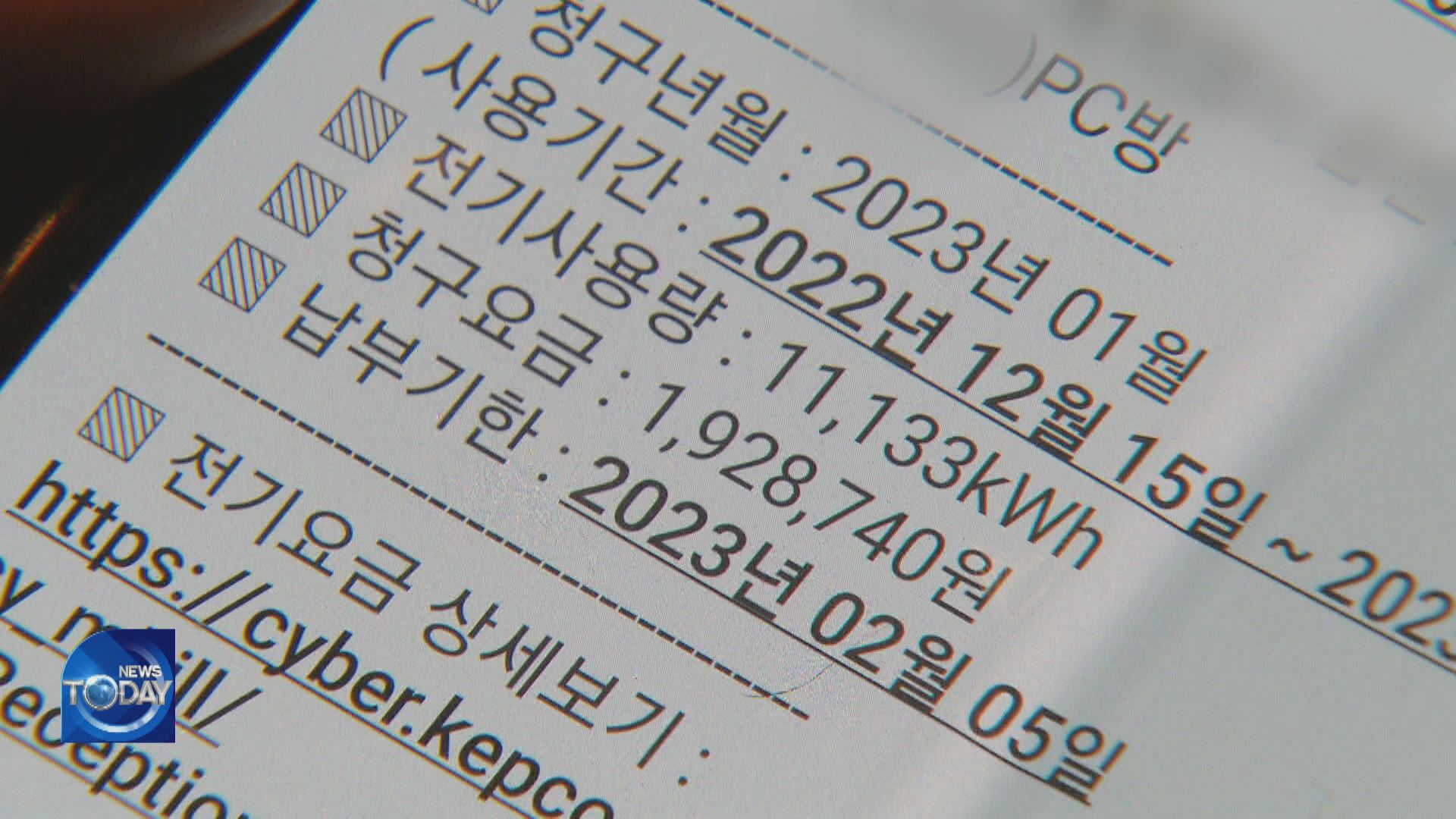
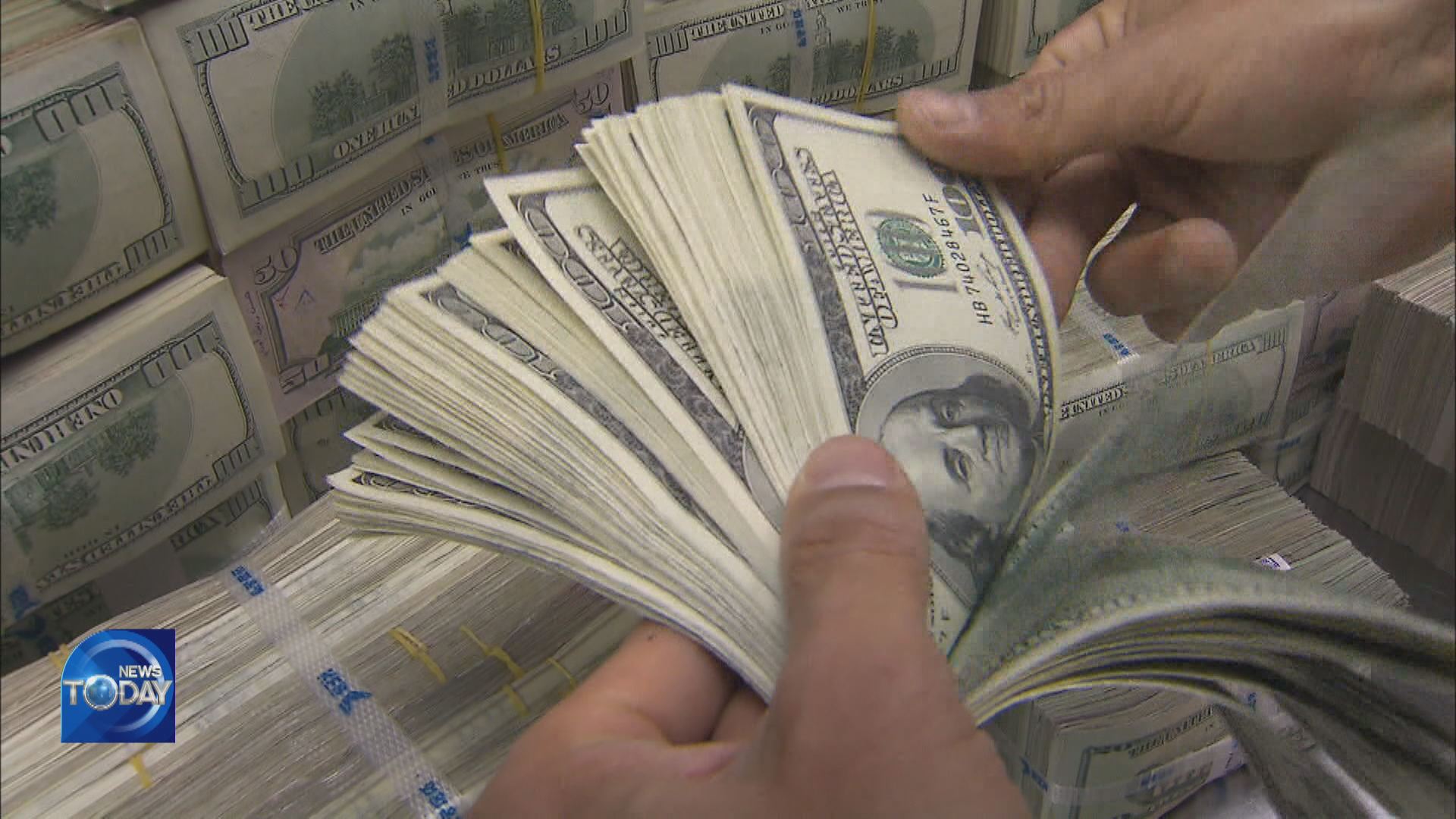
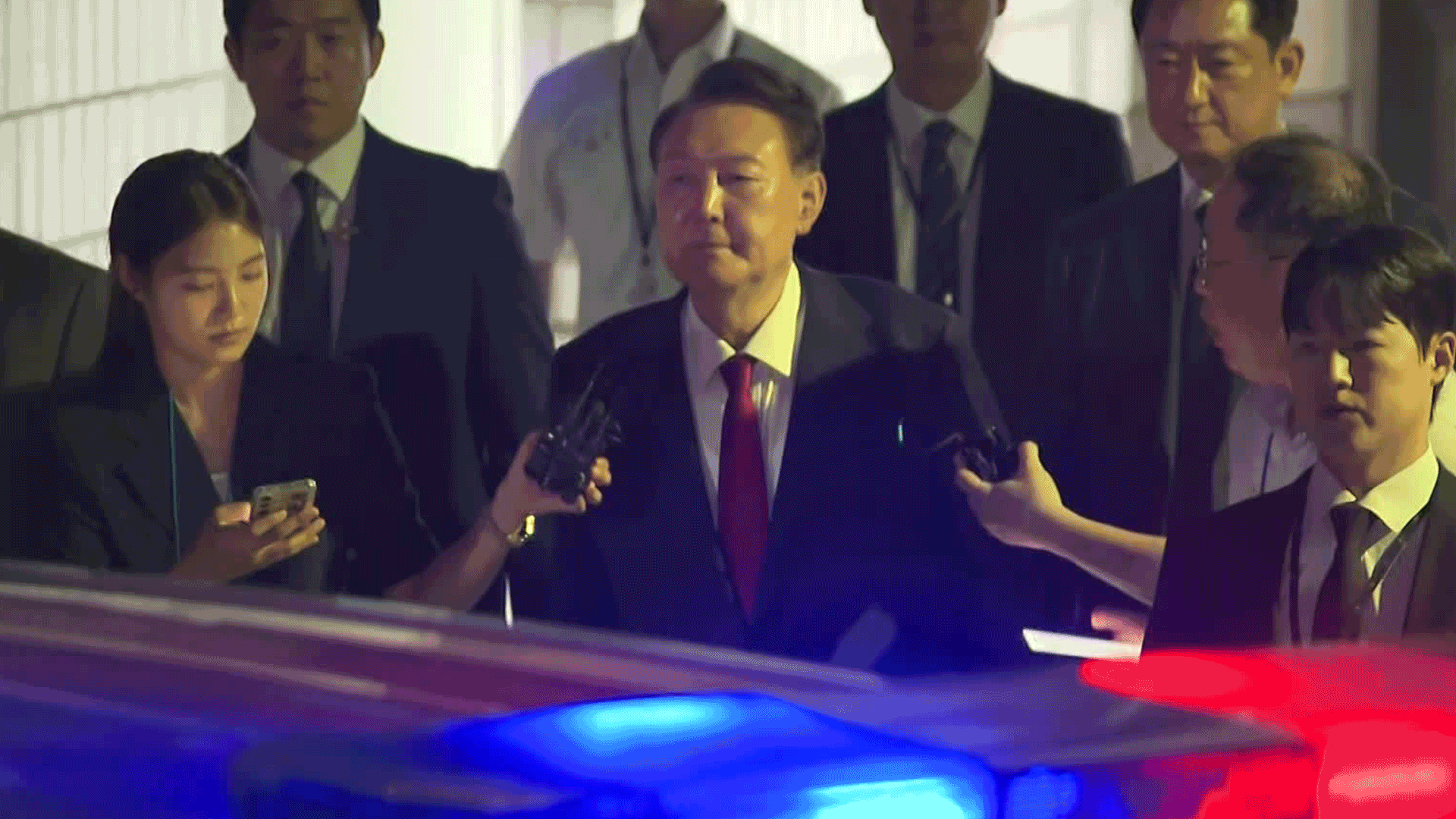
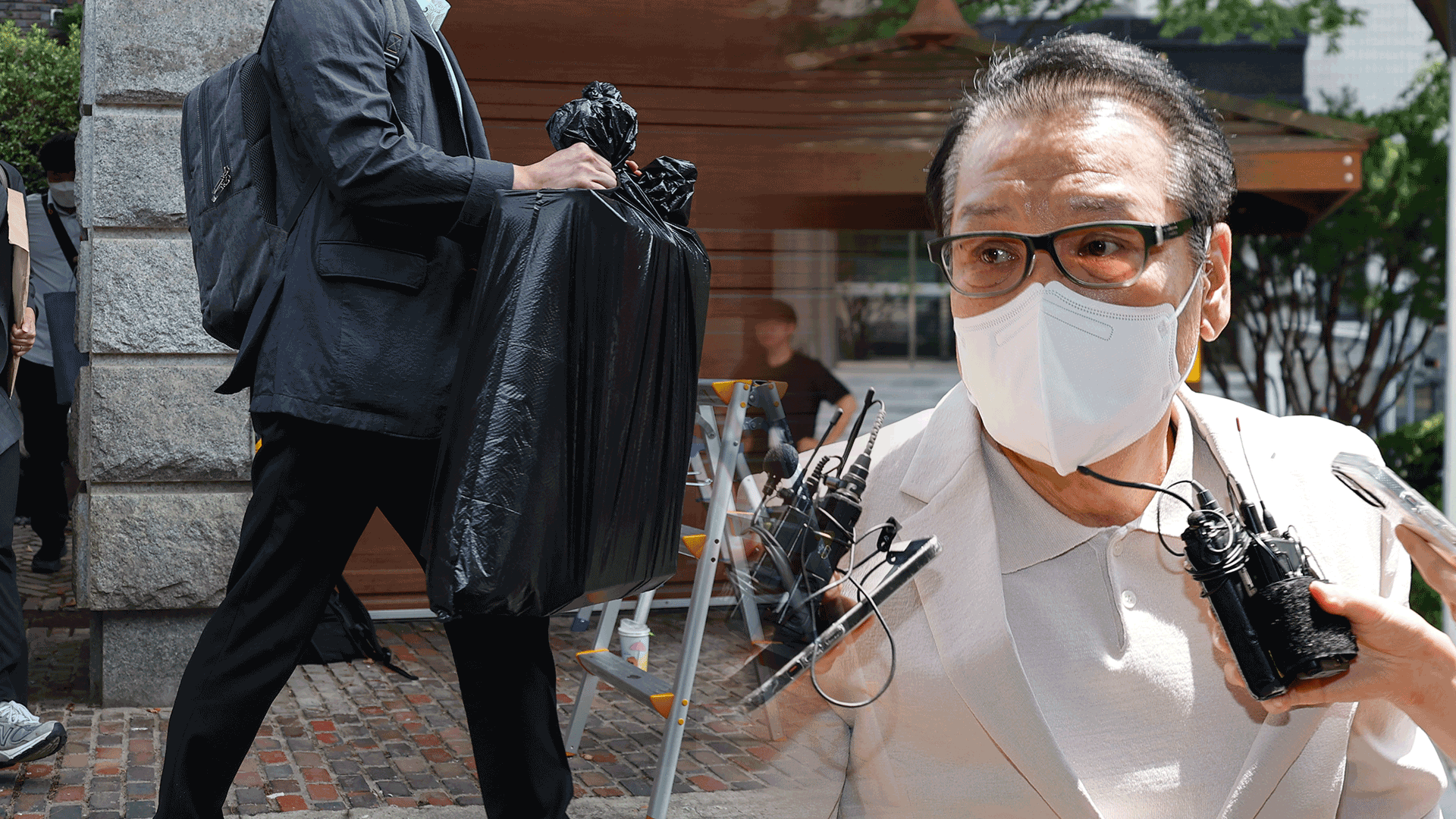
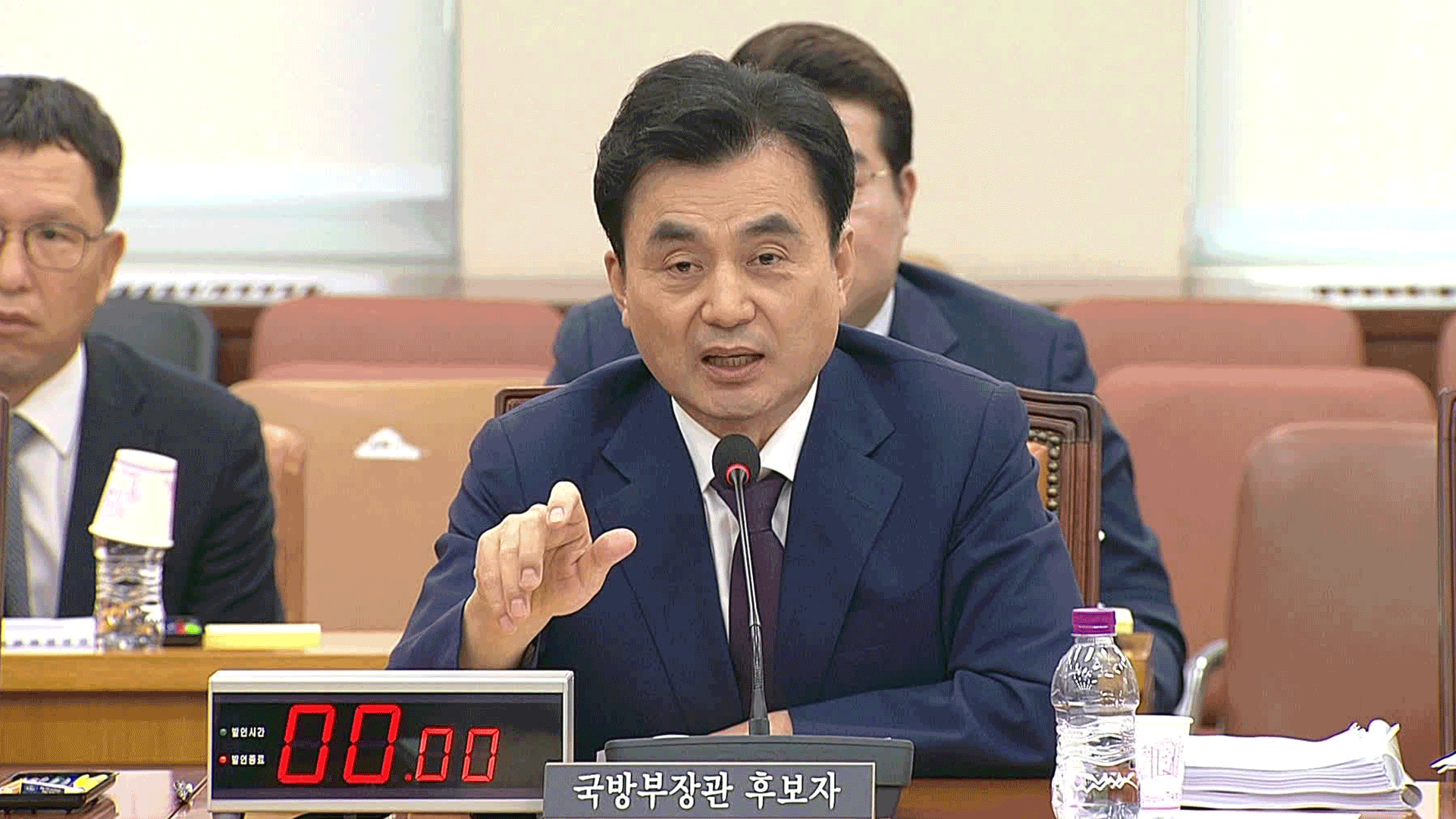
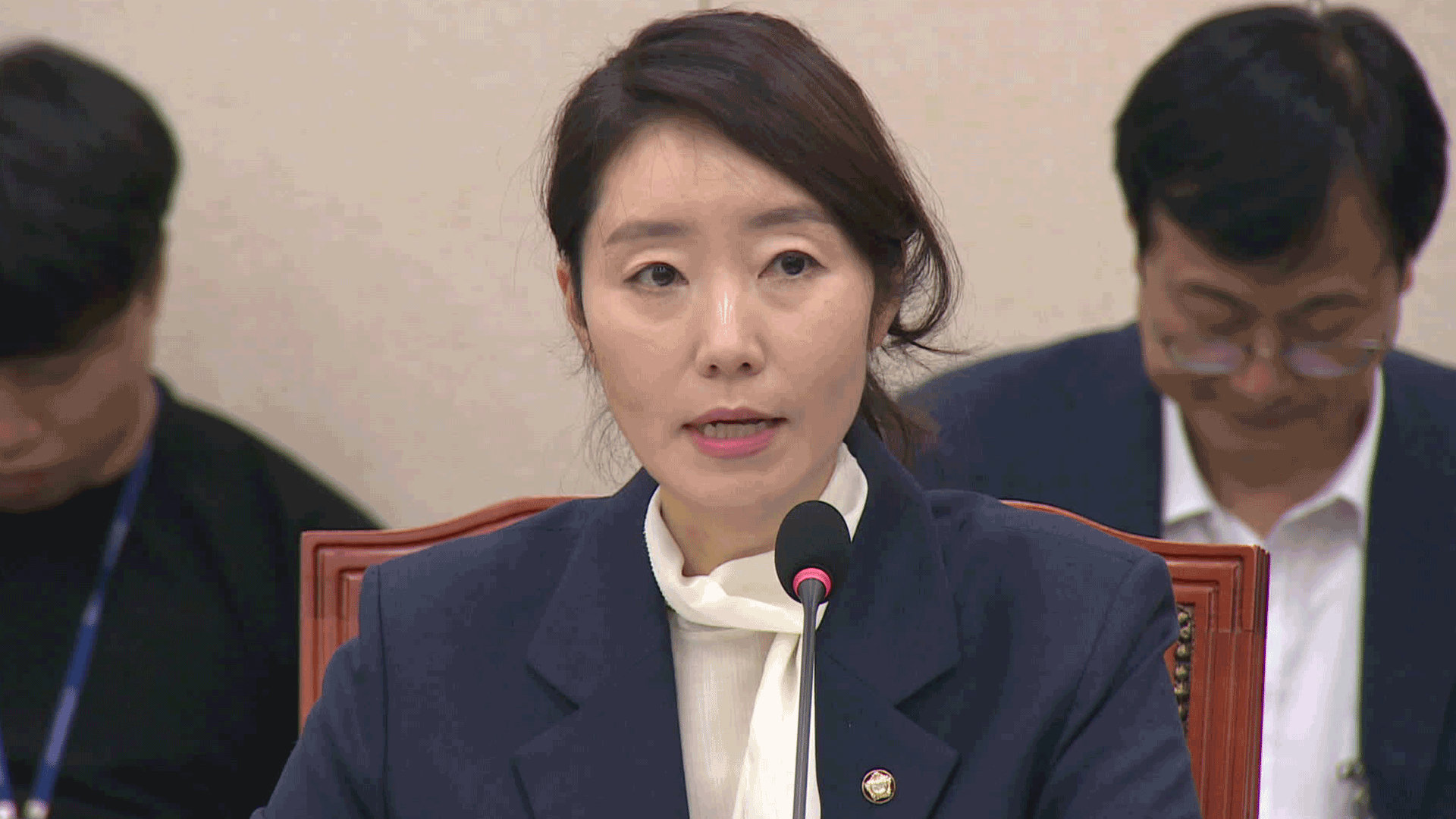

이 기사에 대한 의견을 남겨주세요.